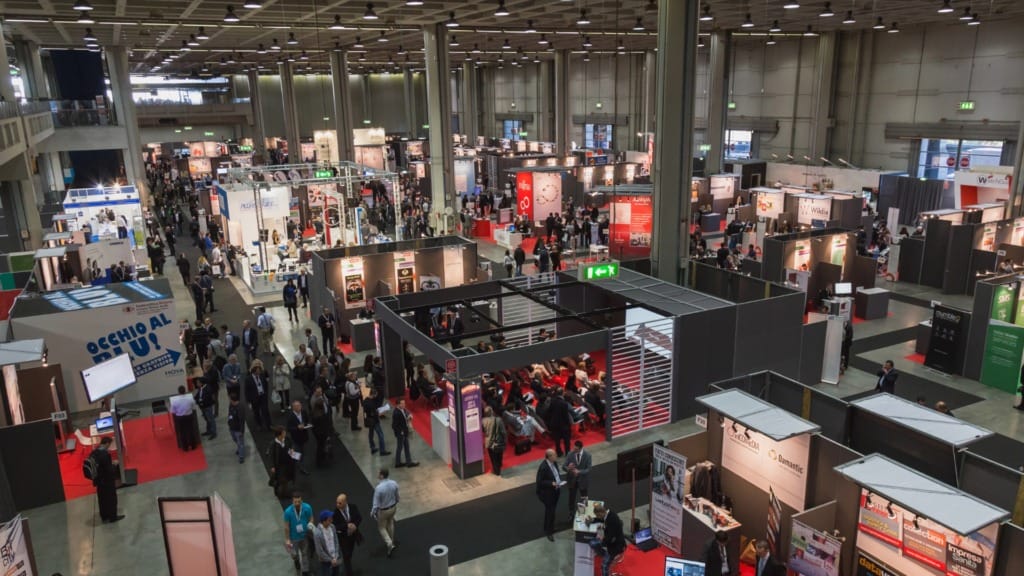Kickstart Ventures: Redefining venture sourcing through ecosystem-led strategies in Southeast Asia
Kickstart Ventures builds deal flow in Southeast Asia by embedding in ecosystems, not relying on pitch events or traditional networks.

Venture capital funding in Southeast Asia fell significantly in 2024, dropping by 41.7% to US$4.56 billion. This marked the region’s weakest fundraising performance in over six years, reflecting a cautious investment environment and growing pressure on fund managers to adapt to changing market conditions. While Singapore remains a dominant hub with abundant capital and frequent pitch events, venture firms operating outside these centres are increasingly being challenged to find quality deals in less connected markets.
Table Of Content
- Southeast Asia’s funding gap and the need for local sourcing models
- The limits of pitch-driven sourcing in emerging ecosystems
- Kickstart’s strategy to embed within local startup communities
- Building sourcing pipelines through non-traditional partnerships
- Why intentional networks offer a long-term sourcing edge
Kickstart Ventures, based in the Philippines, has developed a sourcing strategy that breaks away from the conventional playbook. Rather than relying heavily on demo days or startup competitions, the firm has developed an alternative model centred on long-term ecosystem building. This strategy prioritises relationship networks, community infrastructure, and non-traditional channels. For venture capitalists navigating Southeast Asia’s fragmented markets, Kickstart’s approach provides a practical and sustainable blueprint.
Southeast Asia’s funding gap and the need for local sourcing models
Despite growing entrepreneurial activity across Southeast Asia, a disproportionate share of deal-making and capital remains anchored in Singapore. The city-state’s mature financial system, startup density, and global investor presence continue to attract both early and growth-stage investments. However, this centralisation has contributed to a persistent funding gap in secondary markets such as Vietnam, Thailand, and the Philippines, where founders often struggle for visibility despite producing regionally relevant innovations.
In 2024, while Southeast Asia as a whole experienced a downturn, the Philippines defied the trend. Both deal value and volume increased, supported by a combination of local investor resilience and community-led activity. According to Bit Santos, Partner for Portfolio Operations at Kickstart Ventures, the landscape is evolving. “The community is growing and has paved the way for players outside the usual suspects to find a place within the field,” he said. This growth reflects the potential of startup ecosystems in countries that historically received less attention.

The disparity between startup activity and investor attention highlights the need for tailored sourcing models. In fragmented ecosystems, traditional venture capital approaches that rely on existing infrastructure or networks often fall short. Fund managers in these regions must take a more proactive role, helping to build the very infrastructure that supports consistent early-stage deal discovery.
The limits of pitch-driven sourcing in emerging ecosystems
In more established markets, sourcing often begins at demo days, pitch competitions, and through introductions facilitated by well-known accelerators or angel networks. These formats, while effective in dense ecosystems, are far less reliable in cities where such events are sporadic or inaccessible to emerging founders. In places like Manila or Hanoi, a large segment of high-potential entrepreneurs lack the polish, connections, or platform exposure to compete in these structured environments.

Kickstart Ventures recognises these limitations. While the firm continues to participate in conventional pitch events, it views them as one of several inputs rather than the foundation of its sourcing strategy. “Traditional ways of deal sourcing still widen our reach,” said Santos, “but there are still more opportunities worth tapping into.”
The reliance on pitch-based sourcing also tends to reinforce existing biases. Founders who speak fluent investor language or are based in major cities are more likely to attract attention, regardless of whether their product addresses critical needs in the region. This creates a feedback loop where only those within specific networks are considered fundable, excluding capable entrepreneurs operating on the margins.
For venture firms looking to uncover differentiated opportunities, it becomes necessary to move upstream. That means engaging founders earlier, outside of the usual forums, and focusing on trust-based relationships over transactional one-off meetings.
Kickstart’s strategy to embed within local startup communities
To address this gap, Kickstart Ventures has helped cultivate the startup community through consistent, on-the-ground involvement. Rather than depending on pitch events or structured programmes, the firm focuses on building relationships and staying visible where ideas emerge.
One of the firm’s most active platforms is Raid the Fridge, a monthly mixer that combines pitching, networking, and community exchange. What began as a small gathering has grown into a vital source of deal flow, where investors and startups engage on equal footing. Squadzip, a mobile-first CRM platform, and Lifetrack, a healthtech company, are among the companies Kickstart discovered through this initiative.

Kickstart also supports its portfolio through hands-on programmes that link startups with large corporates in the Ayala Group. As the corporate venture capital arm of Globe Telecom, Kickstart leverages the group’s broader networks to identify challenges, surface ideas, and pilot solutions. This provides emerging companies with validation opportunities while enabling them to gain deeper insights into the realities of operating in complex sectors.
“Our strategic position gives us access to the network of the Ayala Group and Singtel, while getting referrals from co-investors and our portfolio companies,” said Santos. “All of these efforts combined create a cohesive approach to deal sourcing for us.”
Building sourcing pipelines through non-traditional partnerships
Kickstart has also developed sourcing pipelines through partnerships that extend beyond the startup world. The firm collaborates with embassies, trade missions, and industry bodies to identify entrepreneurs solving problems in areas such as climate tech, agriculture, and digital infrastructure. These sectors are often underserved by traditional VCs, in part because the innovators behind them are not embedded in typical startup ecosystems.
Engagements with embassies have allowed Kickstart to gain market-specific insights and discover startups aligned with their investment theses. “What we found exceptionally valuable from our engagements with embassies were a deeper understanding of the different regions and their own areas of specialisation,” said Santos. For instance, Canadian initiatives often focus on energy tech, while UK-based collaborations centre on climate and biotech innovation.

The firm has sourced deals through its Innov8 Sparks network, a regional collaboration of Singtel-backed startup initiatives. From this network, Kickstart has invested in companies like Teridion, IglooHome, and Monogoto, all of which operate in sectors that benefit from both local relevance and regional scalability.
Kickstart also maintains strong co-investment relationships, particularly with firms like Amasia. Through these partnerships, the team has invested in companies such as Dialpad, Skillshare, Xendit, TreeDots, and Clarity. These relationships expand Kickstart’s visibility into markets and sectors that might otherwise remain outside its reach.
Why intentional networks offer a long-term sourcing edge
The strength of Kickstart’s model lies in its shift from opportunistic deal hunting to intentional network building. Rather than waiting for founders to appear at events, the firm builds a sustainable presence within the communities it wants to invest in. This includes investing in soft infrastructure such as mentorship platforms, founder education programmes, and market-specific research. These resources enable the team to track startups over time and provide support before formal engagement commences.
Santos describes the approach as “purposeful and creative,” particularly in environments where events and infrastructure are limited. Kickstart’s experience demonstrates that venture capital firms must move beyond transactional relationships to establish systems that facilitate ongoing engagement. “Instead of waiting, investors should take a more proactive approach by casting a wide net and engaging with adjacent industries, underserved communities and overlooked market segments,” he said.

This approach also requires humility. Recognising that many early-stage founders may not yet fit into a VC’s investment thesis, Kickstart still maintains the relationship and offers access to relevant networks. Santos said, “We take a founder-first approach beyond evaluating for immediate fit.” In practice, this includes introducing founders to ecosystem players, or linking them with other portfolio companies that can offer support.
Most importantly, Kickstart’s strategy is designed to operate without dependence on scale. For smaller or newer funds, this model of ecosystem-embedded sourcing offers a clear alternative to competing in capital-saturated events or relying on high-profile branding. It builds credibility through action, not just visibility.
“Founders can easily spot those who are genuinely contributing versus those who just mine for opportunities,” Santos said. For venture firms seeking long-term success in Southeast Asia’s complex and uneven startup landscape, ecosystem-led sourcing is not just a competitive edge. It is becoming essential to staying relevant.
















